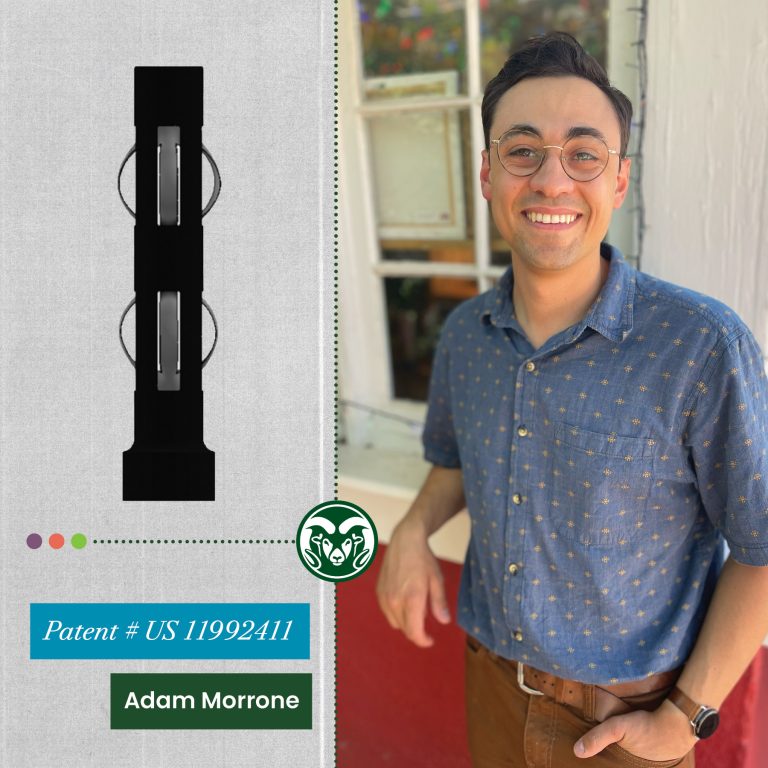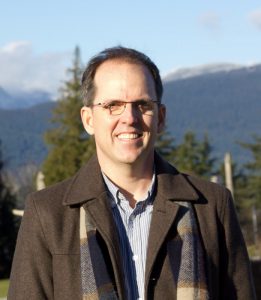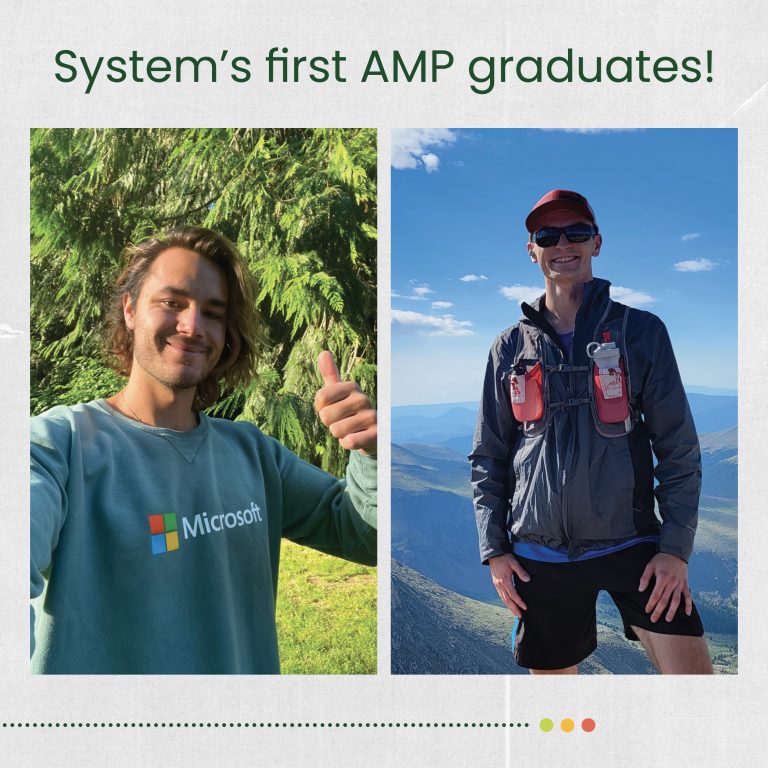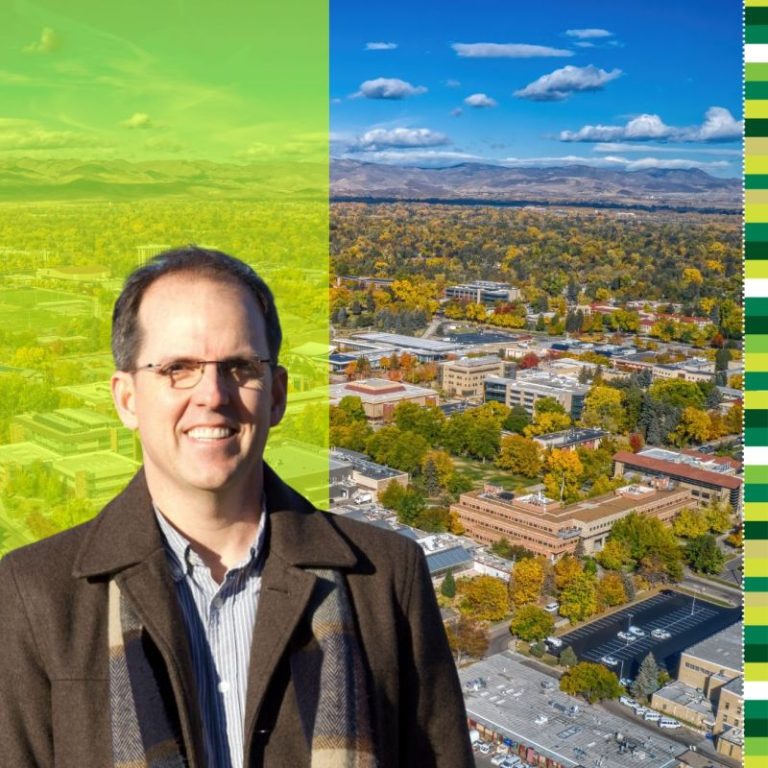
Meet Steve Conrad, new associate professor in systems engineering
- By: Katharyn Peterman

Systems thinking has proven a continuous theme throughout Steve Conrad’s research and academic work.
This is reflected by the two labs Conrad, the newest faculty member in the Department of Systems Engineering, is developing on campus.
The first, a water-energy systems lab at the Powerhouse campus, will explore questions of optimization and resilience. This lab will also focus on policy and planning as applied to sustainable community design, climate change adaptation, and energy, water, and food systems.
“From exploring the dynamic feedbacks between water production and energy demand to the causal relationships between people and planet, systems thinking is really the core of my research,” Conrad said.
The second lab, a decision visualization center, will investigate what information and advice people tend to include or exclude while learning about complex water-energy systems.
Conrad is also planning to teach classes related to these research areas, starting with courses focused on quantitative behavioral modeling for non-social scientists, water energy urban systems modeling, and optimization and system dynamics.
Academic Background
As an engineering undergraduate at the University of Arizona, Conrad found himself questioning the human and social aspects of engineering. He ultimately received two bachelor’s degrees: one in optical engineering and the second in psychology with a minor in math and physics.
After graduation, Conrad briefly worked in an optical research laboratory quantifying water and air quality and found a strong connection with water and environment. This led to a career in water systems engineering, where he contributed to the management of energy supply and demand in water systems.
“Growing up in the Sonoran Desert, water has always held a special place for me,” Conrad said. “Water connects all living things, reflects our memory and culture, whereas energy is the driving force of life, nature, and human development.”
Driven to know more about the connections between water-energy and human systems, Conrad earned a master’s from Arizona State University in environmental technology management and, later, a Ph.D. from Simon Fraser University in resource and environmental management.
Prior to joining CSU, Conrad led the Future Waters Research Excellence Cluster at the University of British Columbia.
Joining CSU during COVID-19
He and his family are in the process of moving to Fort Collins from Burnaby, British Columbia where they have lived for the past 15 years. While moving is always a long process, it has proven a unique challenge with the complexities of COVID-19 added in.
“It is the strangest experience. Everything new feels distant and that transition from old to new is so nebulous,” Conrad said. “It’s been challenging getting a good sense of what it will be like to ‘be’ physically at CSU.”
Despite the current virtual nature of the world, Conrad has found it easy to connect with new people.
“I’ve been so overwhelmed with the positive reception of everyone I’ve met virtually that I already feel at home after just two weeks,” Conrad said. “That said, I can’t wait for the first in-person meeting on-campus.”



